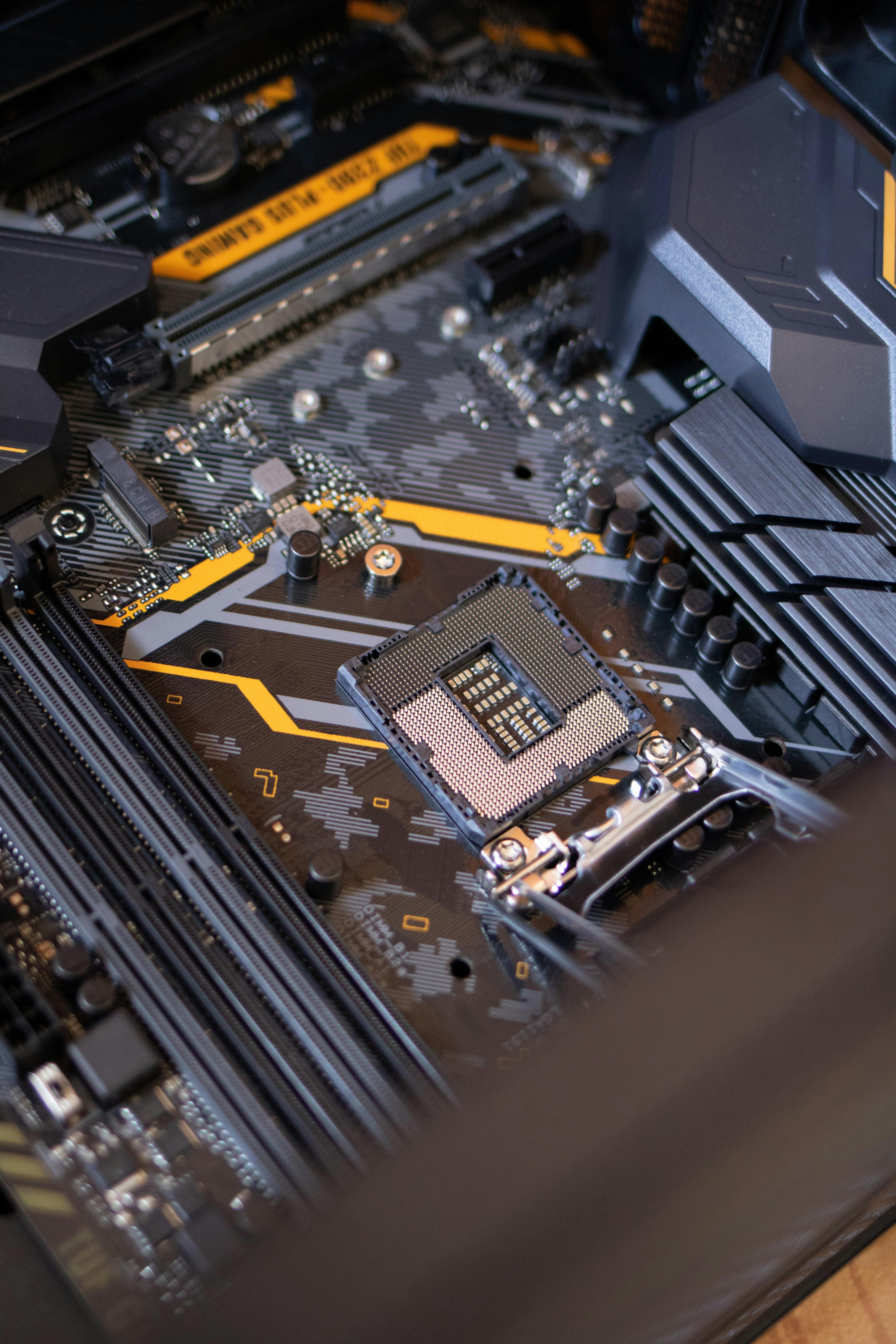
Blockchain Transformation in Telecommunications: Innovative Protocols, Global Frameworks, and Technological Disruption
Blockchain in Telecommunications: Revolutionizing Connectivity and Infrastructure
Introduction to Blockchain Technology in Telecom
The telecommunications industry stands at a pivotal moment of technological transformation, with blockchain emerging as a groundbreaking technology that promises to reshape connectivity, security, and service delivery. As global networks become increasingly complex, blockchain offers unprecedented solutions for transparency, authentication, and decentralized infrastructure management.
Technological Frameworks and Implementation Strategies
Blockchain technology introduces multiple revolutionary approaches to telecommunications infrastructure. By leveraging distributed ledger technologies, telecom companies can develop more secure, efficient, and transparent network management systems. The decentralized nature of blockchain enables enhanced authentication protocols, reduced fraud, and streamlined operational processes across international jurisdictions.
Key Technological Protocols
| Protocol | Description | Jurisdiction Compatibility |
|---|---|---|
| Hyperledger Fabric | Enterprise-grade blockchain framework | United States, Switzerland |
| Corda | Distributed ledger for financial services | United Kingdom, Cayman Islands |
| Ethereum Enterprise | Smart contract-enabled blockchain | Multiple global jurisdictions |
Global Regulatory Landscape
Different jurisdictions present unique regulatory environments for blockchain implementation in telecommunications. The United States maintains stringent compliance requirements through SEC and CFTC regulations, while jurisdictions like the British Virgin Islands and Liechtenstein offer more flexible blockchain integration frameworks.
Emerging Market Analysis
Recent market data from 2023 indicates significant growth in blockchain telecommunications investments. According to Gartner Research, blockchain solutions in telecom are projected to generate over $3.5 billion in value by 2025, representing a 47% compound annual growth rate.
Top Blockchain Telecommunications Innovations
- Helium Network: Decentralized wireless infrastructure using blockchain for network validation
- DENT Wireless: Global mobile data marketplace utilizing blockchain technologies
- RoamX: Cross-border telecommunications roaming solutions
Security and Authentication Enhancements
Blockchain introduces advanced security mechanisms that traditional telecommunications infrastructure cannot match. By implementing cryptographic validation and distributed consensus mechanisms, telecom networks can significantly reduce vulnerabilities associated with centralized authentication systems.
Technical Security Frameworks
Advanced blockchain protocols enable multi-factor authentication, real-time threat detection, and immutable transaction records. These technologies provide unprecedented levels of network security and user privacy protection.
Future Technological Implications
The convergence of blockchain, 5G networks, and Internet of Things (IoT) technologies presents extraordinary opportunities for telecommunications infrastructure. Decentralized network management, automated smart contracts, and transparent billing systems represent just a few potential transformative applications.
RWA.codes Blockchain Solutions
Our specialized blockchain development services provide comprehensive solutions for telecommunications companies seeking technological transformation. We offer end-to-end consulting, platform development, and strategic implementation frameworks tailored to unique organizational requirements.
Expertise Areas:
- Blockchain infrastructure design
- Smart contract development
- Regulatory compliance strategies
- Security architecture
Contact Information
For advanced blockchain telecommunications solutions, connect with RWA.codes technical consultants to explore customized implementation strategies.